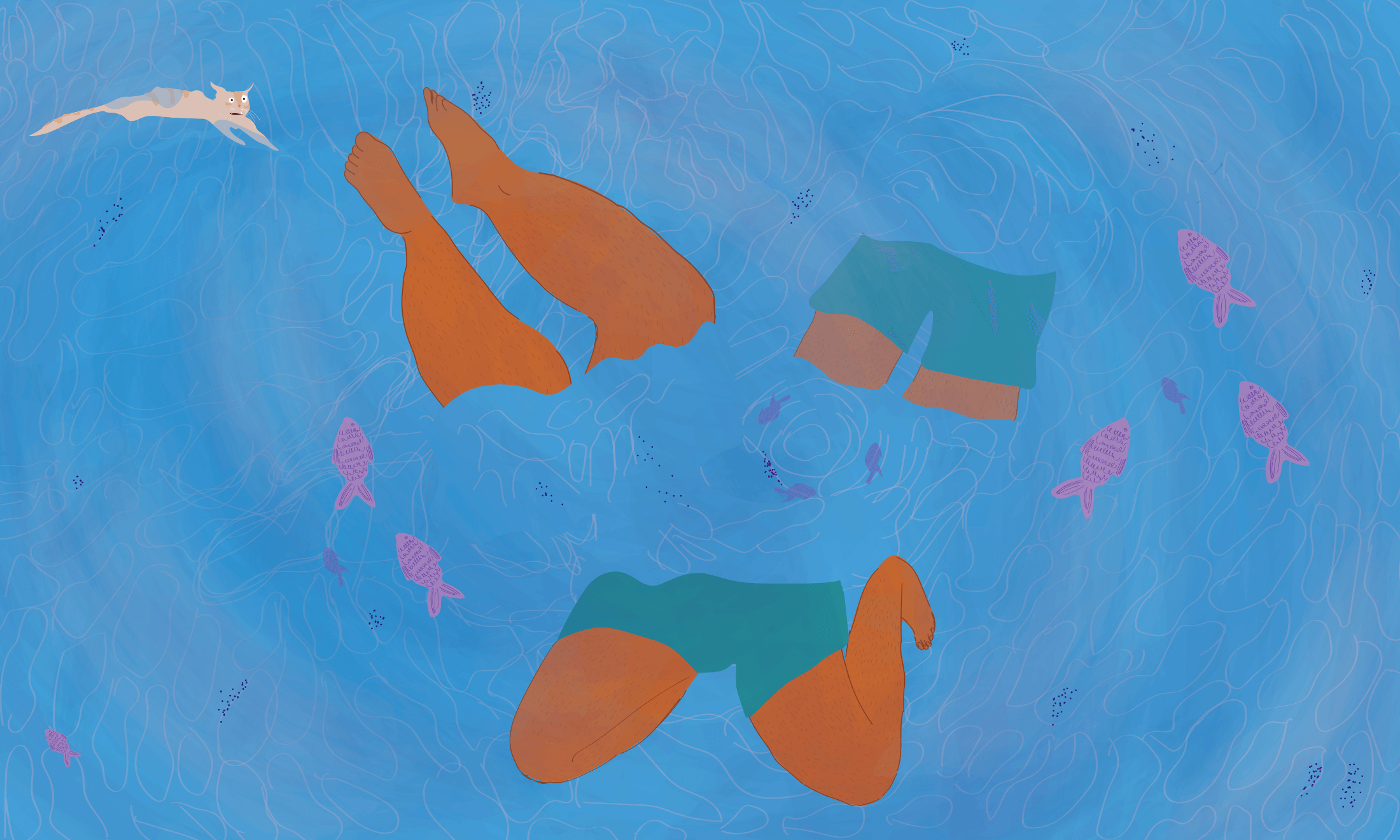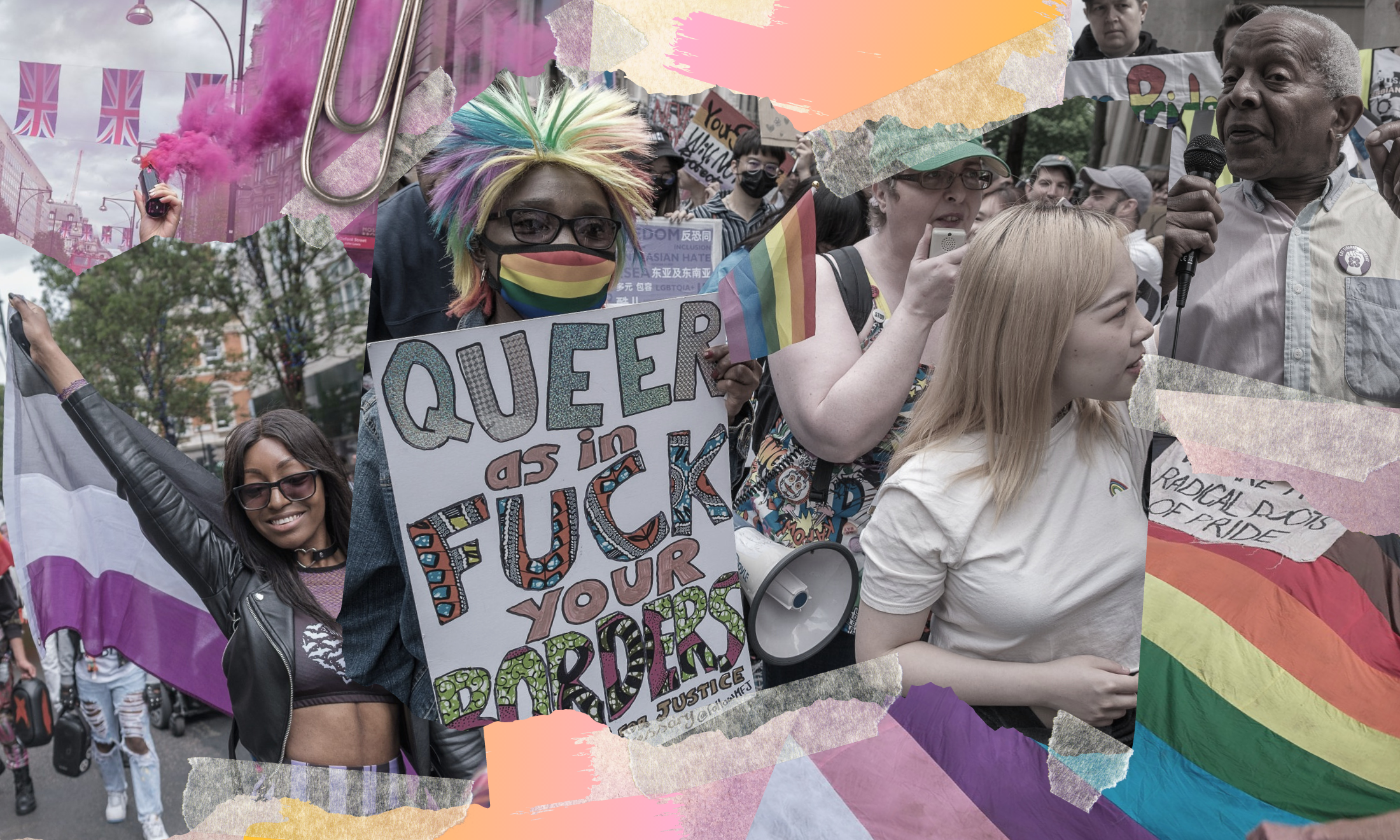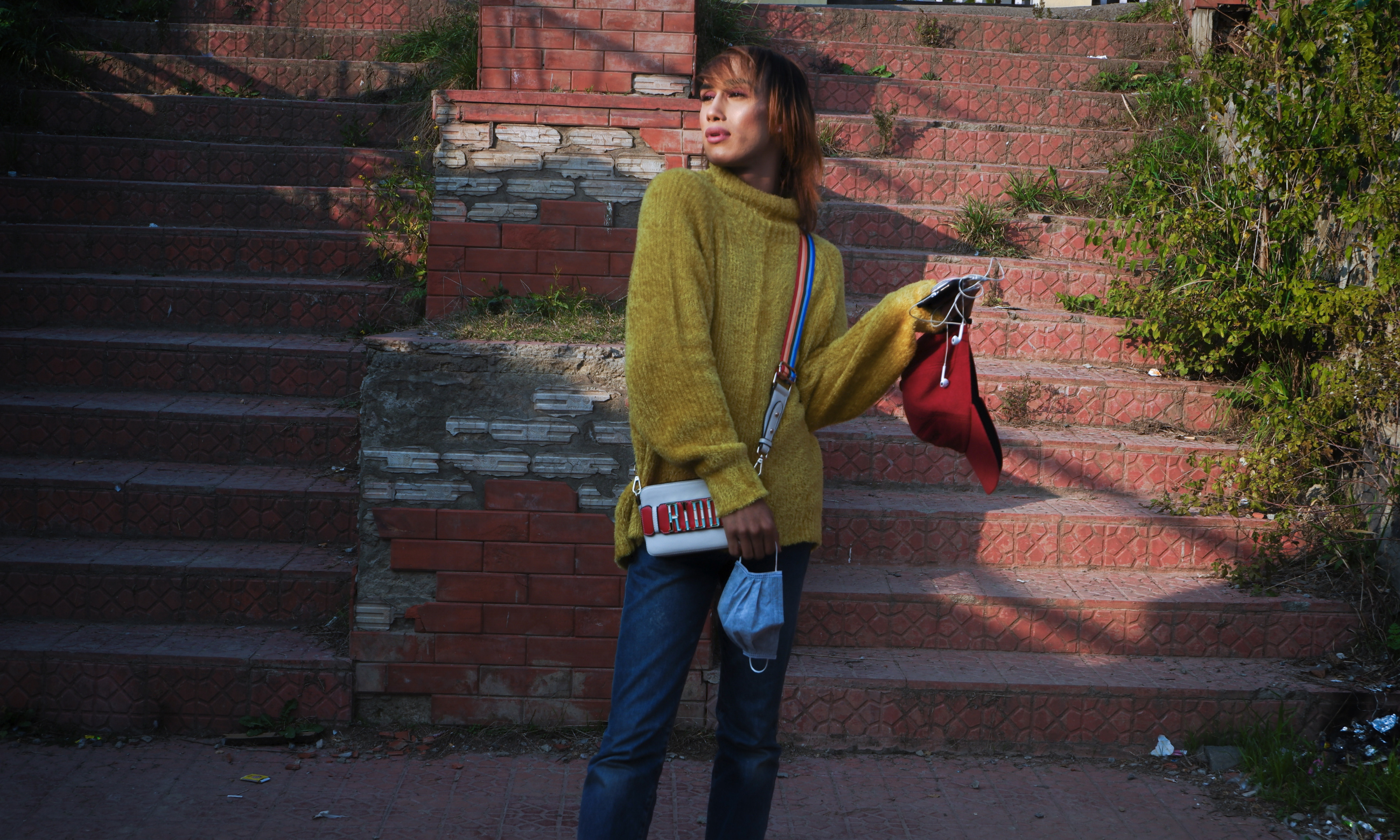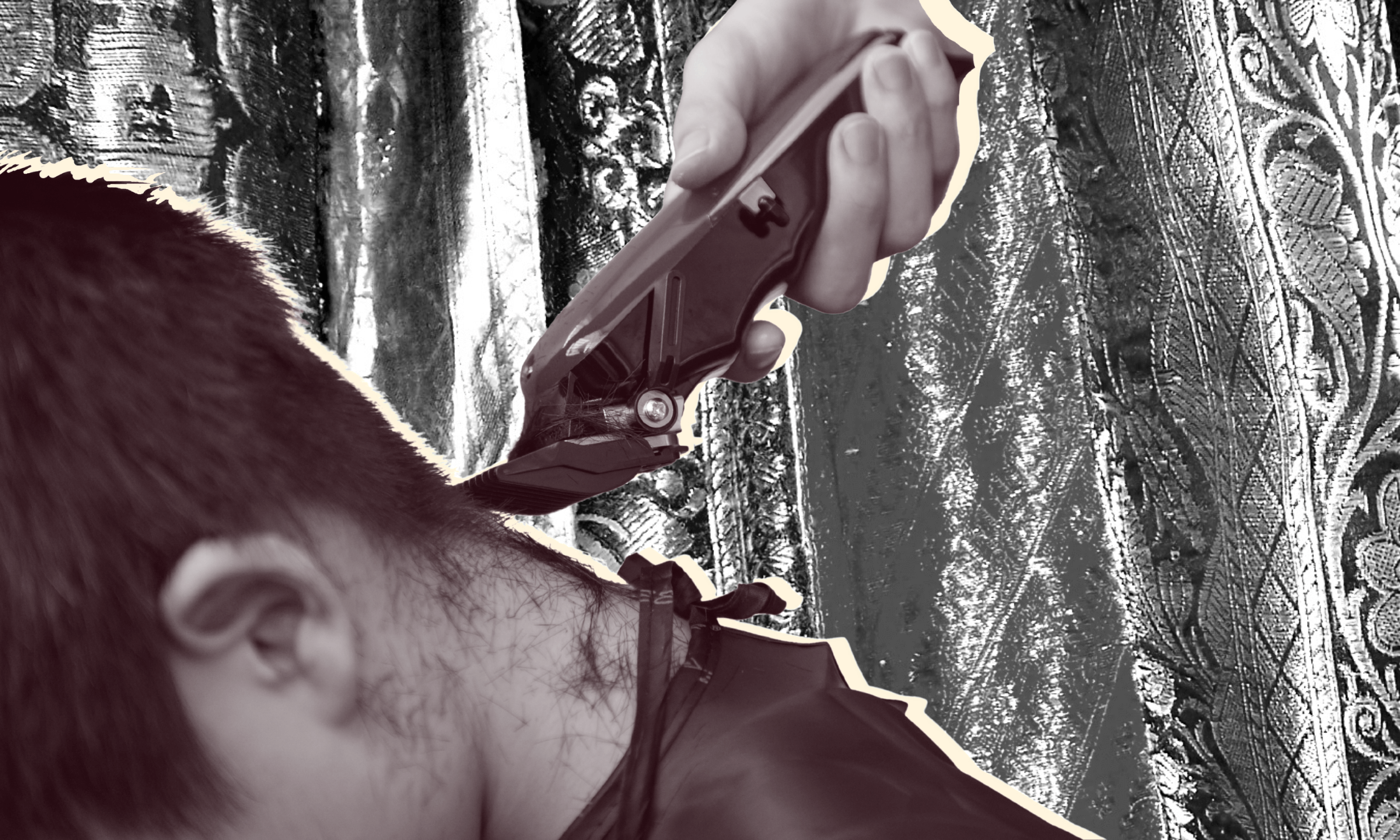
Asexual Awareness Week: I am the A in LGBTQIA+
For 22-year-old Danielle Desouza, this year's Asexual Awareness Week is extra special.
Danielle Desouza
28 Oct 2020
For as long as I can remember, I’ve always disliked physical contact. When my friends hugged me, I would stand awkwardly with a pained expression. I sat silently as they discussed dating, but couldn’t imagine being intimate with anyone. These feelings continued into my twenties as I desperately tried to find someone I could relate to, but just couldn’t.
Today, I can proudly say that I am 22, a Gen Z, a musician, a journalist and one of the estimated 1% of the global population who identifies as being asexual or ace. Asexuality is a sexual orientation which involves a continuous lack of sexual attraction towards any gender. It has been a confusing and long nine-year journey coming to terms with being ace, but I’m finally ready to “come out”.
Coming from an Indian background and being an introvert, many of my peers at schools would liken me to a nun and assume I was “frigid”. These assumptions fed into me questioning my sexuality from as young as 13 years old. Why was I not interested in talking about sex? Why did it seem so repulsive to me? I was 13, so perhaps that was why. However, when I turned 20, these feelings remained and became even stronger.
“It has been a confusing and long nine-year journey, but I’m finally ready to ‘come out'”
None of my friends and family members shared the same feelings. I felt lost, but confided in one of my closest friends about how I was feeling. My friend listened and asked me questions as we sat on a park bench, assuring me that being ace wouldn’t make her view me as being any different. I would still be Danielle. I felt a huge sense of relief after coming out to her without being judged. But I still didn’t feel comfortable talking to my family about my sexuality because we don’t usually talk about intimate matters.
I realised I was ace because I came across the concept of asexuality in a BuzzFeed video. It was comforting to finally find a name for how I was feeling. Earlier this year, I also came across a guide to the Asexual Spectrum, which confirmed the feeling. I’m a heteroromantic ace, meaning I’m romantically attracted to men and labelling myself this way allows me to express how I feel in a world where I’m often labelled against my own will.
However, the spectrum is not perfect, since the sexual orientations on the spectrum include the term “sexual”. This has resulted in many myths about asexuality, such as asexuals not being interested in dating, simply being fussy, and the biggest one of all is that abstinence and asexuality are the same thing. Abstinence is a choice while asexuality is not – it’s an orientation. The prevalence of these myths cannot be consigned to one person. However, they make it harder for ace people to come out because we dread speaking to those who make us question our own feelings.
“Abstinence is a choice while asexuality is not – it’s an orientation”
Dating apps like Tinder and Hinge are how most Gen Zs find love or even just a hook-up. But I’m the type of person who enjoys meeting people in real-life and I’ve watched too much of MTV’s Catfish to bring myself to join one. And now thanks to Covid, the only date I will be having is with my coffee machine.
Some of my friends have shown me the messages they receive from guys and the sexual nature of them makes my skin crawl. I think to myself, what is the point in joining these apps if I cannot offer the one thing many supposedly seek? I know these apps are the norm, with us living in a world where tech is so dominant, so I’d never judge anyone who uses them. It makes me worry because when I even contemplate dating, I live in fear that asexuality will be a constant obstacle between me and romance.
This fear has resulted in me never actively seeking love because I feel that I can never be loved romantically. Any future relationship may last a couple of months, but can it last longer without the promise of intimacy? After all, sex is the biggest difference between a friendship and relationship for many.
“Creating and finding specific ace communities is a way for ace individuals to feel like they belong somewhere”
Now I know why I need to first become part of ace networks and learn more about being ace before I begin dating, especially as I harbour all these feelings of doubt. I hope that by coming out I’ll get to finally meet other ace people and join ace networks. At the moment, I personally don’t feel like I’m part of the LGBTQIA+ community.
I remember attending Pride in 2018 and feeling as out-of-place as a vegetarian at Burger King. The A in LGBTQIA+ while referring to asexuals, also stands for ally, and some don’t even recognise the A as standing for asexual at all. I think when one community is supposed to represent so many different identities, some groups are bound to feel left out, especially a group that makes up only 1% of the global population. Creating and finding specific ace communities is a way for ace individuals to feel like they belong somewhere.
I’ve learned a lot of things in my journey and want to share the knowledge I wish I heard growing up. Firstly, don’t feel like your life is incomplete if you don’t have a significant other. Secondly, surround yourself with people who provide you with unconditional love and support. And finally, being ace doesn’t mean you will never have a relationship or a family. It may seem that way since sexual intimacy is such a large part of a romantic relationship but there are so many asexuals who have their own families. Platonic love is enough.









